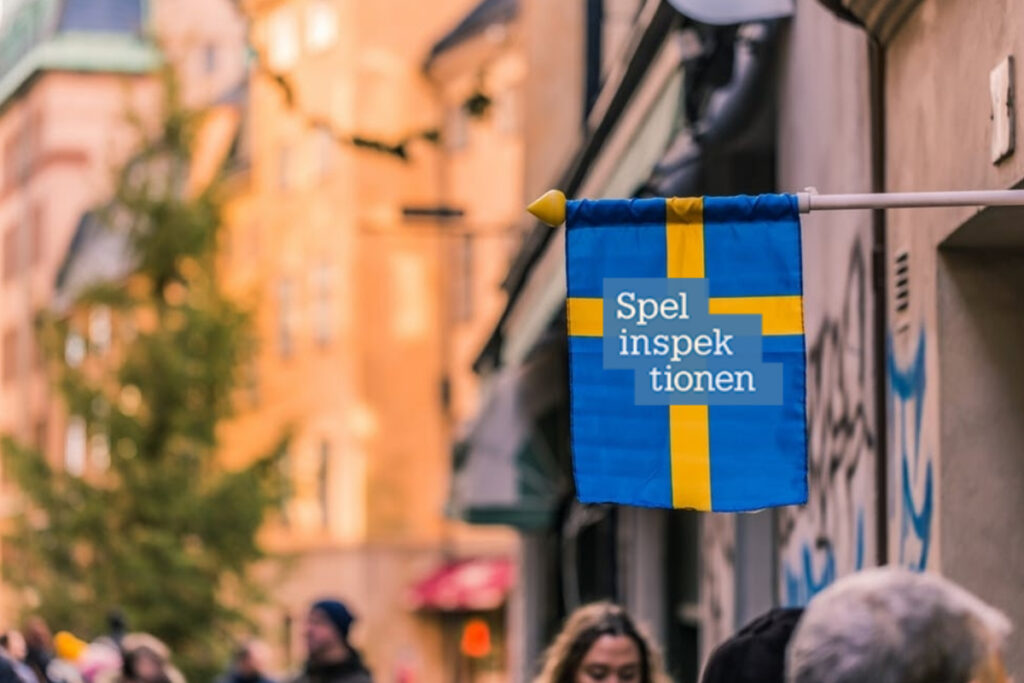The Great Britain Gambling Commission and Sweden’s Spelinspektionen have reaffirmed their commitment to collaborative regulatory efforts by extending their Memorandum of Understanding (MoU) on sharing information.
Initially established in November 2019, this extended MoU underscores the continued partnership between the two bodies, emphasizing best practices in gambling regulation.
Both organizations are dedicated to fostering a mutual understanding of regulatory interests, engaging in policy discussions, and providing operational support to one another.
Camilla Rosenberg, the director-general of Spelinspektionen, highlighted the global nature of the gambling market and the importance of international cooperation.
She stated, “The gambling market is global and it is important to have good relations in order to cooperate with other gambling authorities,” adding that despite market differences, there are many areas for mutual learning and experience sharing.
Rosenberg emphasized the shared objective of ensuring a healthy and secure gambling environment.
This collaboration is part of Spelinspektionen‘s broader strategy, as it holds similar agreements with regulators in the Netherlands, Malta, and Gibraltar.
The extension of the MoU coincides with Spelinspektionen’s report on the Swedish gambling market for 2023, which saw a slight decrease in gambling revenue by 1.2%, amounting to SEK27.13 billion.
The decline was observed across various segments, including online gambling, state lottery, and slots, as well as revenue from Casino Cosmopol.
However, there were increases in national lotteries, public games, and land-based commercial gambling revenues.
In contrast, the Great Britain Gambling Commission’s latest figures, specifically for the online sector in Q3, showed a 4% increase in gross gambling yield (GGY) year-on-year, reaching £1.30 billion.
This growth was driven by various online gambling activities, with slots GGY achieving a record high.
Despite the growth in online gambling, land-based machine revenue experienced a slight decline, while self-service betting terminals GGY saw significant growth.
These developments reflect the dynamic nature of the gambling industry in both Great Britain and Sweden, highlighting the importance of international cooperation and information exchange to navigate the challenges and opportunities within the global gambling market.
